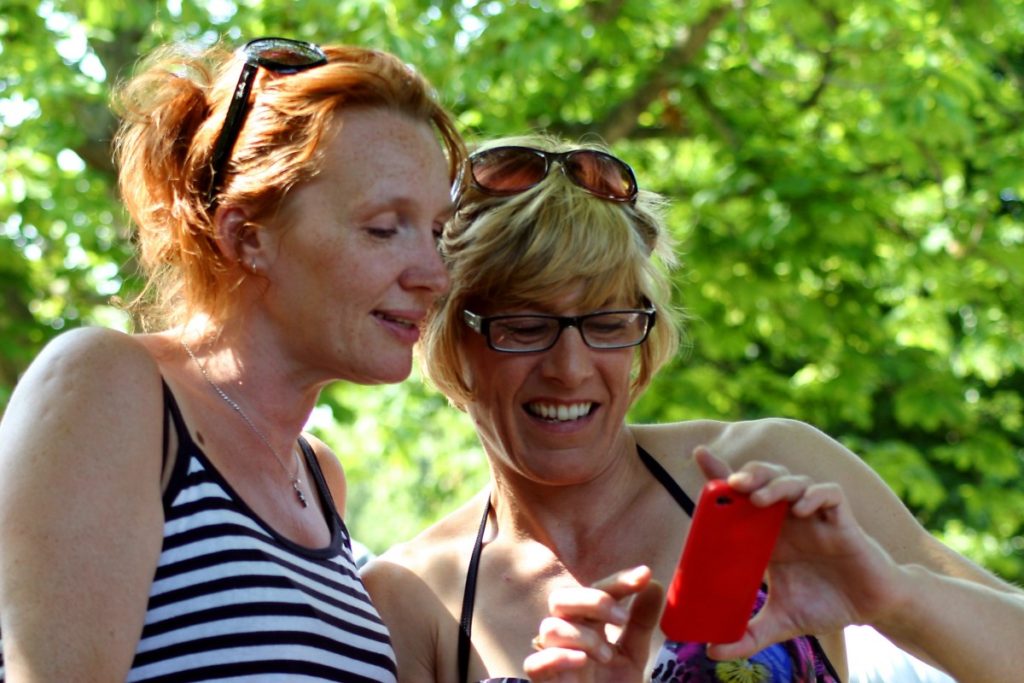
When you get a diagnosis of ADHD as an adult, you may feel relief. Suddenly it becomes clear why you have been struggling with certain things all those years. Once you understand what you are dealing with, you have a choice of whether or not to share that information with others. Sharing your diagnosis can help others understand you better and perhaps clear up misconceptions they have had about you.Here are some strategies to help you if you decide to share your diagnosis.
You may go through a cycle of emotions about your diagnosis. Initially, you may experience relief and even excitement. But after that, you may feel anger, depression or denial. Allow yourself to process these emotions before sharing your diagnosis. If you feel it would be helpful, talk with a professional therapist or coach who is specifically trained in working with ADHD clients.
Be prepared to deal with misconceptions others may have about ADHD. Jacqueline Sinfield discusses some of the likely uninformed reactions you might get, including statements such as:
”But you are an adult I thought people grew out of it”
”How come you are only just finding out now, surely if you really had it, you would have found out sooner”
“Everyone has ADHD these days”
“You are doing ok. What difference does an ADHD diagnosis make? ”
“I don’t think you do, my cousin has ADHD and he behaves nothing like you”
“ADHD is just an excuse”
Separate yourself from these misconceptions and don’t allow them to derail you. There is a lot of misinformation about ADHD. For people you are close to, point them toward valid information that will help them better understand the brain differences that come with having ADHD.
Address the symptoms of your ADHD while you are processing your ADHD diagnosis. Once you understand how ADHD affects the workings of your brain, you can employ strategies that will help you cope and that others can relate to even if they don’t know about your ADHD. This is especially true at work. For example, if you have to take notes at a meeting because you struggle with attention issues, just tell people you believe the information is important and you don’t want to forget anything. No one will question that.
Once you have had time to come to terms with your ADHD, you will be able to talk about it with others in a way that empowers you and keeps you free of anxiety and shame. As Elizabeth Broadbent discovered when she began telling others about her ADHD:
“If I had a visible disability, everyone would understand that I need some space, some slack, some grace. It’s hard for me to make friends, and when I do, my friends often joke about my problems. You’d never joke about a person with another kind of brain difference. So I decided to stop hiding it. If I want the accommodations I need, I have to reach out and get them myself.
“I have started telling people about my brain difference as soon as we’re introduced. I’ve found that when I state it plainly, people are glad to help me. I’m not asking for an excuse; I’m asking for help with something I have trouble doing on my own.”


